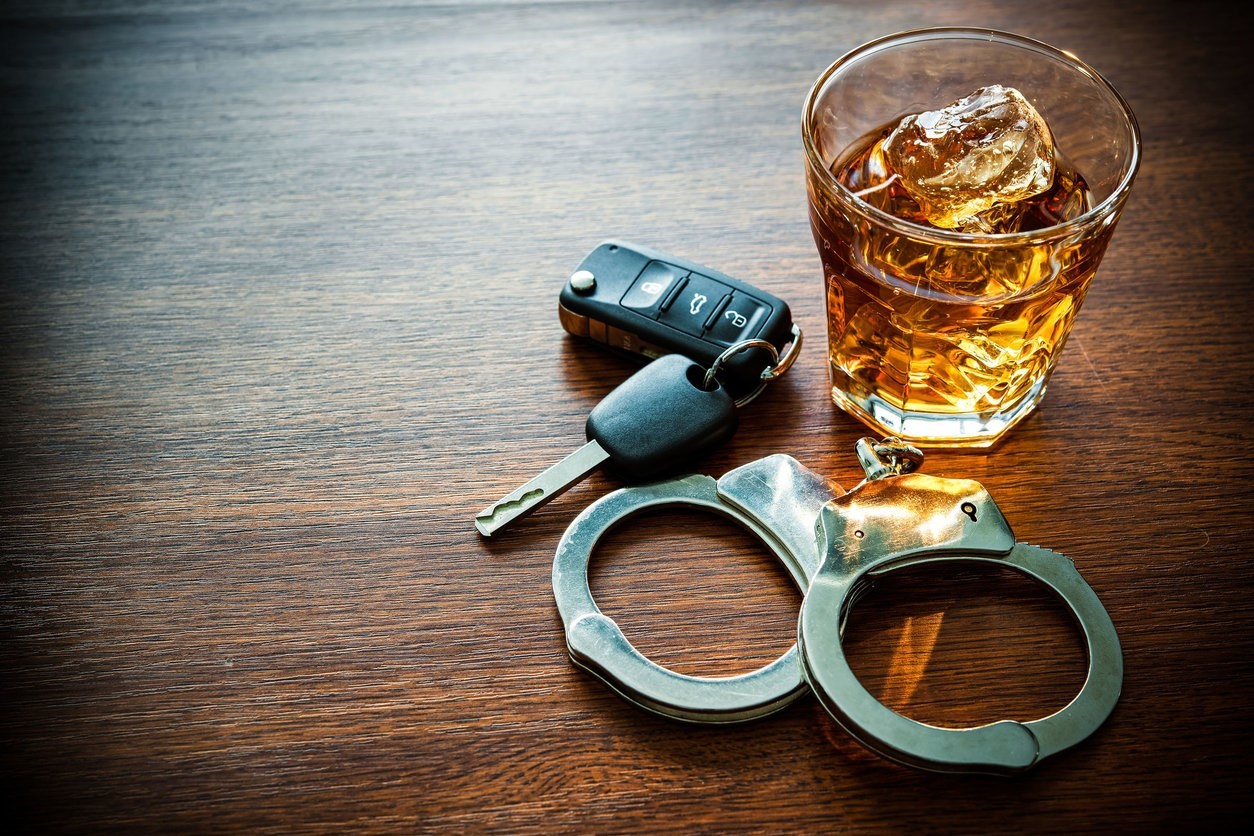Driving Under The Influence In Colorado (DUI)
Citizens and residents of the US know the federating units have laws and rules governing virtually every situations and practices within and among them. This applies to driving and road use as well. First, all drivers must possess documents that clearly indicate they are permitted to drive on the roads of the land. This is what we all refer to as driver’s license. It usually authenticate for the mastery of the driving skills for drivers and safety of the other road users.

However, driving in the US is a privilege and not a right even when you have secured a license. To this end, the privilege could be stripped off of erring individuals who perform the task outside the confines of the law and guiding regulations. Sometimes, such people are also made to face bigger penalties depending on the severity of the offense or the catchment (the states involved). One of these laws and guidelines is the DUI law.
What is DUI?
A legal definition of DUI considers it as an offense having to do with operating a vehicle/automobile while intoxicated by drugs, especially alcohol. Such practice is considered unsafe for both the DUI offender and other road users as well. This is because it has been consistently investigated that consuming alcohol prior to driving greatly increases the risk of car accidents, vehicular deaths and highway injuries. Thus, it is said that alcoholism has a direct impact on the death of road users because of the emotional grief, depression, anxiety and other emotional imbalance that may trail drunk driving, thus increasing the country’s index of preventable deaths by ripping off unimaginable numbers of lives. There is then a need to safeguard the lives of road users, giving birth to DUI laws that stipulates the amount of alcohol that should be in the system of road users especially drivers when driving on the US roads. In which case, these alcohol requirement levels are usually different from states to states, and perhaps with different penalties across them for offenders. Yet, the offense possess some similar penalties that could be considered as generally applicable to every states and citizens of the country.
According to a recent report, all 50 states of the US have set a blood alcohol concentration (BAC) level of 0.08 percent as the legal limit for driving under the influence. This is usually referred to as driving while impaired (DWI) as well. There is a little lower limit of alcohol expected in the blood of commercial drivers anyway. A BAC level of 0.04 percent is considered enough for them to be convicted of a DUI offense nationwide.
DUI versus DWI
These are an umbrella of offense with different degrees of severity hence penalties. Therefore, DUI attorneys treat them different in courts. While DUI means ‘driving under influence’, DWI means ‘driving while intoxicated’. A DUI is considered a lesser degree of impairment hence offense than the DUI. However, the levels of impairments are subject to the driver’s BAC confirmation at the time of arrest. Should you find yourself arrested for either, the best bet is to seek the service of a professional as well as experienced DUI attorney in the region to help you out of the situation, hence you might end up complicating the situation even further.
DUI and Penalties in Colorado/Denver
A said earlier, every states in the US has its own approach to DUI but sometimes possess meeting point of judgments and penalties. Colorado considers alcohol related driving offenses at two level, yet, both are subject to BAC measurement in the body. These are;
- Driving Under the Influence of Alcohol or Drugs (DUI)
- Driving While Ability is Impaired (DWAI)
The state’s BAC requirement is somewhat demographic as well, setting 0.08 percent for drivers over 21 years, 0.02 percent level for drivers under 21 years and a limit of 0.05 percent for DWAI.
Colorado have strict DUI penalties. The state’s division of Motor Vehicle has the legal authority to suspend your license in each case regardless of what criminal penalties you suffer from the court. This is known as the administrative penalty for driving under influence. This could also attract monetary charges and points depending on the offense.
- For DWAI first offense, you would be given 8 point towards license suspension, a fine of between $200 and $1500, a year jail term and perhaps up to 96 hours community service
- For DUI first offense, you may suffer 9 months license revocation, between $600 to $1000 fine, up to a year jail term, alcohol education and also a 96 hours community service.
- For DUI/DWAI first offense and a driver under 21 years old, license could be suspended for between 3 months and a year with 4 points added to driving record.
These penalties are usually greater for repeated offenses and in some cases you may be required to install an ignition interlock device on your car. However, you can challenge DUI administrative penalties via an alcohol hearing request. You have up to seven days after suspension notice to request a hearing. While you must go in person to put in the request as well as turn in your license should in case you refused at violation, you may be eligible for a temporary driving permit while you await your hearing. Be warned however that you need the service of a very skilled and experienced DUI attorney in Denver to solicit the best judgment for you. We got you covered!
For more information and clarification about DUI in Colorado/Denver, read from other articles on our website…









